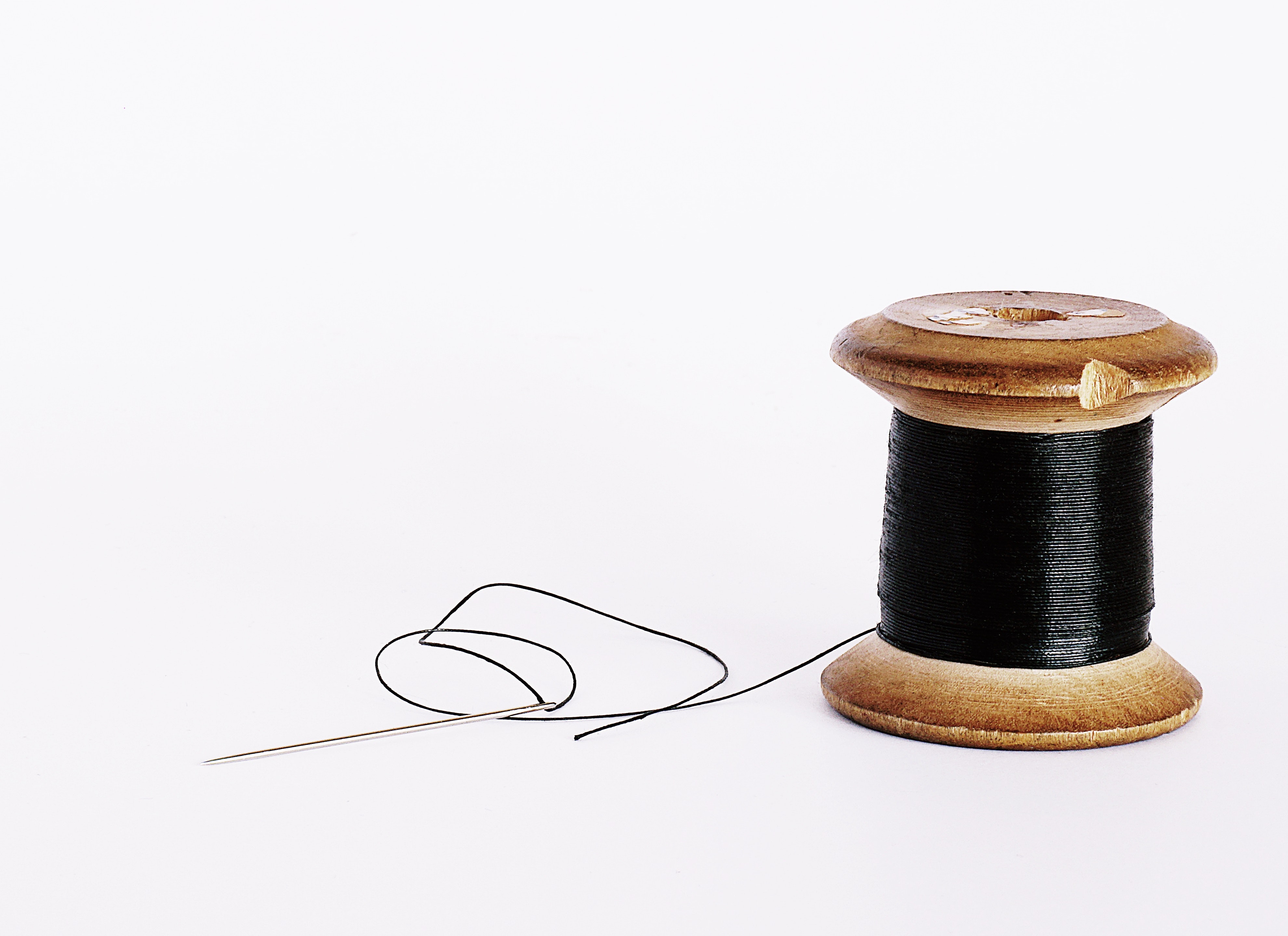I’mdividual is a contemporary womenswear brand based in the UK, which celebrates sustainability.They offer core wardrobe essentials in 100% natural organic fabrics, designed for comfort, longevity and versatility. All garments are made at the North London fashion studio, which is a not-for-profit social enterprise.
Sustainable fashion is so much more than just fabrics. For brands like ours that design with circularity in mind, creating garments made from organic cotton or organic wool is not enough to make clothing fully biodegradable and recyclable.
For each I'mdividual piece, we go to extreme lengths to source 100% natural and sustainable trims so each and every element used in construction can break down at the end of its life.
What is circular fashion?
The mainstream fashion industry operates along a linear economy model - take, make, dispose. Slowly, designers are cottoning on to the circular economy instead, which the Ellen MacArthur Foundation describes as a system based on three key principles:
- Design out waste and pollution
- Keep products and materials in use
- Regenerate natural systems
In a circular fashion system, biological resources like cotton are designed to feed back into the system through processes like composting, and technical resources like plastics and metals through reuse, repair and recycling.
From a designer perspective, fashion cannot be circular if trims aren't taken into account. Even if a garment is made from a natural material such as silk that can biodegrade, if it is sewn with polyester thread and includes metal zips, plastic buttons and nylon elastic, it will be much harder to break down and repurpose at the end of its life.
Here, we explore the importance of eco-friendly trims, threads, fusing and fastenings for a circular design approach.
Sustainable zips
First up, zips. After many months of hunting for a zip for our trousers and skirts it proved nearly impossible to find a biodegradable, recycled or recyclable zip that looked the part. Rather than compromising on something that didn't align with our ethical values (no matter how small it may seem) we re-designed the pieces in a way that doesn't require a zip at all. Instead, we use a fold-over button closure that sits more comfortably and in a more flattering fit than a zip too.
Sustainable buttons
Because buttons are utilised in our trousers and skirts rather than metal zips and hooks, we knew that sourcing sustainable buttons could be another challenge. After extensive research on natural, eco-friendly buttons, we chose Courtney & Co as our supplier. This company is based in Gloucestershire, England, and manufactures unique British buttons to follow in the footsteps of several centuries of rich button-making heritage. We use their 100% corozo buttons in our designs, which are made from the nut of the Tagua Palm tree, grown in Ecuador.
Sustainable elastic
Elastic is one of the hardest haberdashery items to find from a sustainable source. Although in the 20th century rubber was widely used, these days most elasticated items contain lycra or nylon for stretch, which are fibres made from plastic. Fortunately, after using our connections with various European suppliers, we sourced a natural rubber and organic cotton elastic cord from a female-owned German company called Charle, so we can be confident that our wool trousers are 100% natural.
Sustainable fusing
A key element of any garment that has a waistband that non-designers may not realise is fusing or interfacing. Usually, fusing is made from polyester, an oil-based fabric, mostly due to a reduced cost. We sourced fusing for our trousers and skirts from a brilliant English company called Whaleys Bradford which is made from 100% cotton. We're still on the hunt for organic cotton interfacing so we can step up our sustainability even further for future collections.
Sustainable thread
Last but certainly not least, we have the thread used to stitch together our garments. By default, most clothing manufacturers will use fairly cheap polyester thread or occasionally recycled polyester, but very rarely cotton or even organic cotton thread. Again, we searched far and wide throughout the UK and Europe, and settled on Forbitex, a supplier in the Netherlands, for our 100% organic cotton sewing thread.
Transparency is so important to us, so we hope you've enjoyed our exploration of sustainable suppliers of all our natural trims as we work towards a circular fashion model.
Shop the article
Read more
ENVIRONMENT
How Often Should You Wash Your Clothes?
Are you over laundering your clothes? The process of washing our clothes is...
ENVIRONMENT
Sustainable Surfing: Finding The Best Waves In The UK
You might think of surfing as a pretty safe bet when it comes to sports that...
ENVIRONMENT
Designing With The Ocean In Mind
As lockdown hit in 2020, and people were bound to their homes, nature...
ENVIRONMENT
Why Water Is The Perfect Tool To Help You Relax
As the summer weather (finally!) kicks in and the thought of our social...
ENVIRONMENT
Let’s Shift The Dial From Fast Fashion To Sustainable Fashion
Did you know clothing production is the third largest manufacturing industry...





